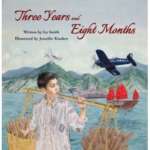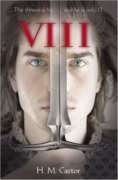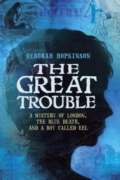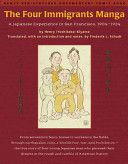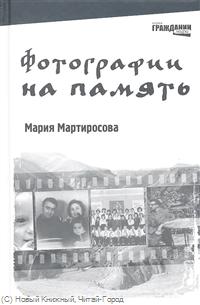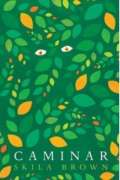
As a young boy in Gujarat, India, Kumar sometimes feels like he lives in two worlds. First there is the old world where people and their choices are determined by prejudice and bigotry. But then there is the second, modern world: in this world Kumar can be friends with whomever he chooses and his future looks bright. As part of the annual Diwali celebration, Kumar is invited to the house of his classmate Andal to watch fireworks. Andal is from a high-caste Brahmin family so Kumar is especially pleased to be included. But there in Andal’s house, Kumar’s two worlds collide in a very unpleasant way. Instead of being welcomed as a guest, Kumar is sent away, forbidden to join the festivities. Angry and hurt, Kumar is left questioning his place in Indian society. Where does he fit in? To which world does he really belong?

